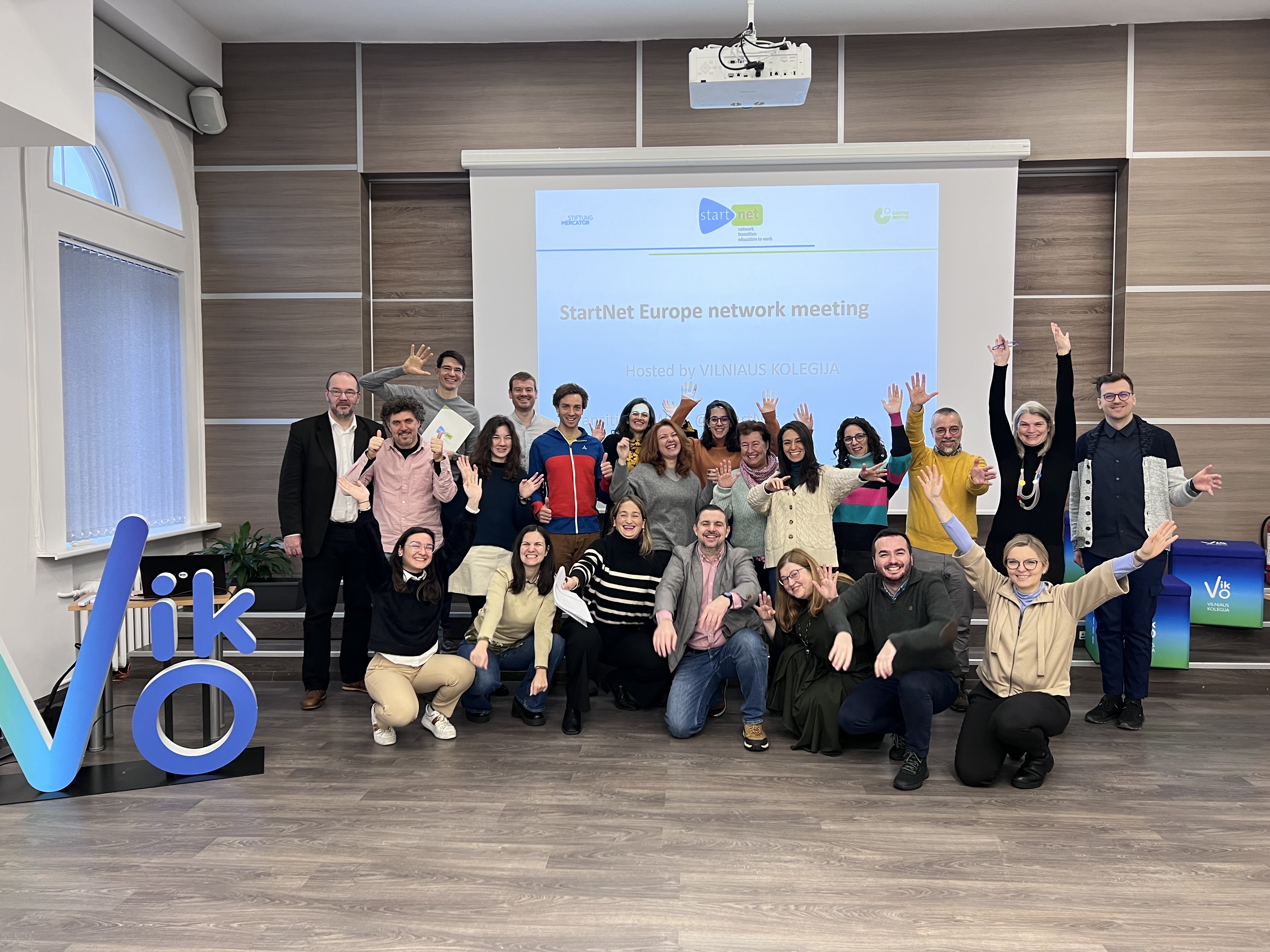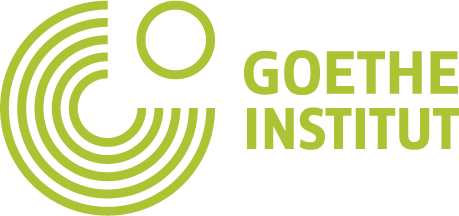Numerous partners of StartNet Europe convened for the second annual meeting from the 12th to the 14th of December in Vilnius, Lithuania. Hosted by the partner institution Viko, the Vilniaus Kolegija (Vilnius Higher Education Institute), the event provided a valuable opportunity to meet in person amid the enchanting winter backdrop of the Baltic city.
On the first day, the network collaborated with one of Viko's partner businesses, Teltonika, an international technology company based in Vilnius, specializing in IoT devices and connectivity. During a working session, discussions focused on the good practices of StartNet Europe partners in collaborations with profit organisations such as businesses and in project of entrepreneurship education.
Viko, as the hosting organization, introduced the vocational training concept of practice enterprise—a student-run company that mimics a real business, replicating its management structure, processes, and products. Practice enterprises serve as exemplary platforms for vocational training across various business domains. A practical demonstration was provided by students "working" at Vika Bank, a practice enterprise of Viko where young finance university students simulate their daily tasks within a bank setting, complete with a designated name, banking software, and different branches. This immersive experience underscored the practical applications of learning within a simulated and instructive environment.
Addressing the long-term agenda, partners planned concrete steps for Erasmus+ projects to be submitted in March 2023, focusing on youth participation (Key Action 1) and cross-sectoral collaborations between youth and enterprises (Key Action 2). The network revisited StartNet Europe’s learning agenda for 2020-2023, forming the basis for discussions on further emerging priorities. In highly productive working groups, partner organizations explored future partnerships on new topics, including developing green skills and mindsets with a gender perspective, youth mental health, intergenerational dialogue, civic engagement, and critical thinking.







